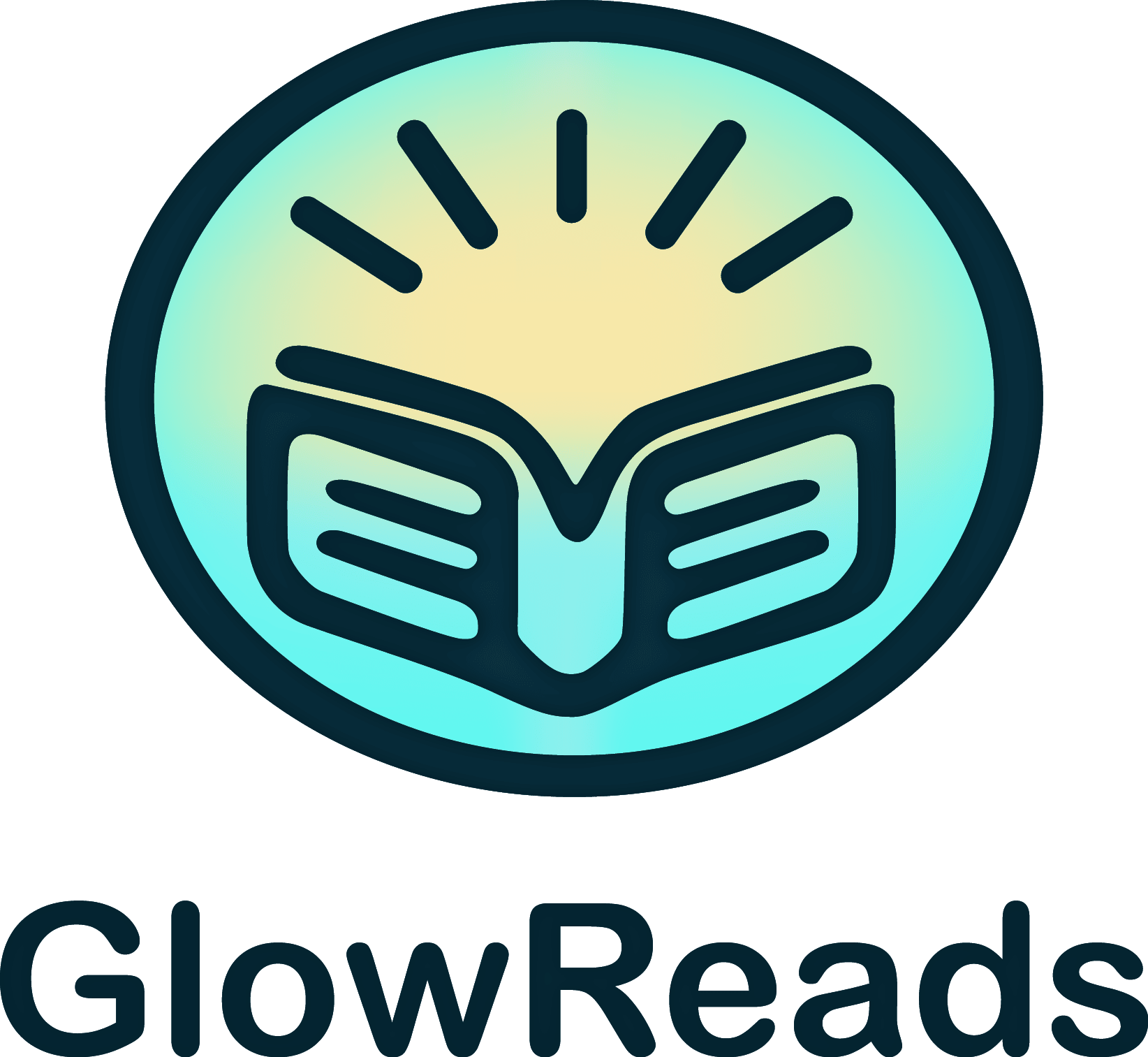Introduction: Fantasy fiction is a genre that transports readers to imaginative worlds filled with magic, mythical creatures, and epic quests. These novels often feature richly detailed settings, complex characters, and intricate plots, offering readers a sense of wonder and escapism. Fantasy fiction explores themes such as heroism, destiny, and the battle between good and evil, providing both entertainment and thought-provoking insights. By engaging with fantasy fiction, readers can experience the magic and adventure of fantastical realms, gaining a deeper appreciation for the power of imagination and storytelling.
Key Characteristics of Fantasy Fiction: Fantasy fiction is characterized by its focus on imaginative and supernatural elements, often set in richly detailed worlds with their own unique rules and systems. These novels typically feature epic quests, heroic characters, and battles between good and evil, creating a sense of adventure and excitement. Fantasy fiction often employs narrative techniques such as world-building, myth-making, and multi-layered plots to create a rich and immersive reading experience. The genre explores themes such as heroism, destiny, and the struggle for power, offering readers both entertainment and philosophical reflections on the human condition.
Popular Sub-Genres of Fantasy Fiction: Fantasy fiction encompasses a wide range of sub-genres, each offering unique settings and narratives. Epic Fantasy features expansive worlds and complex mythologies, often involving grand quests and battles between good and evil. These novels provide readers with rich, immersive narratives that transport them to fantastical realms. Examples include “The Lord of the Rings” by J.R.R. Tolkien and “A Song of Ice and Fire” by George R.R. Martin. Urban Fantasy blends elements of fantasy with contemporary urban settings, featuring magical elements and supernatural beings in modern-day cities. These novels often explore themes of hidden worlds and the coexistence of magic and reality. Examples include “The Dresden Files” by Jim Butcher and “Neverwhere” by Neil Gaiman. Dark Fantasy combines elements of fantasy with horror, creating narratives that explore the darker aspects of magic and the supernatural. These novels often feature morally ambiguous characters and themes of corruption and redemption. Examples include “The Witcher” series by Andrzej Sapkowski and “The Black Company” by Glen Cook.
Must-Read Fantasy Fiction Books: Several fantasy fiction novels have gained acclaim for their imaginative narratives and richly detailed worlds. “The Lord of the Rings” by J.R.R. Tolkien is a seminal work of epic fantasy that follows the journey of Frodo Baggins and his companions as they seek to destroy the One Ring and defeat the dark lord Sauron. The novel’s rich world-building, complex characters, and themes of heroism and friendship make it a timeless classic. “A Song of Ice and Fire” by George R.R. Martin is an epic fantasy series set in the fictional continents of Westeros and Essos, where noble families vie for control of the Iron Throne. The series is known for its intricate plot, morally complex characters, and exploration of themes such as power, betrayal, and survival. “The Dresden Files” by Jim Butcher is an urban fantasy series that follows the adventures of Harry Dresden, a private investigator and wizard, as he solves supernatural crimes in modern-day Chicago. The series blends elements of fantasy, mystery, and noir, creating a unique and engaging narrative.
Prominent Fantasy Fiction Authors: Several authors have made significant contributions to the genre of fantasy fiction, creating works that have captivated readers and left a lasting impact on the literary world. J.R.R. Tolkien is often regarded as the father of modern fantasy, with his works “The Hobbit” and “The Lord of the Rings” setting the standard for epic fantasy. Tolkien’s rich world-building, intricate mythologies, and complex characters have influenced countless authors and established fantasy fiction as a major literary genre. George R.R. Martin is known for his epic fantasy series “A Song of Ice and Fire,” which has been adapted into the acclaimed television series “Game of Thrones.” Martin’s intricate plots, morally complex characters, and exploration of themes such as power and survival have earned him a dedicated following and critical acclaim. Neil Gaiman is celebrated for his imaginative and genre-blending works, including “American Gods,” “Stardust,” and “The Sandman” series. Gaiman’s unique blend of fantasy, mythology, and contemporary fiction has earned him a reputation as one of the most innovative and influential authors in the genre.
Engaging with Fantasy Fiction: Engaging with fantasy fiction can be both entertaining and intellectually enriching, offering readers a chance to explore imaginative worlds and complex narratives. Reflecting on the themes, world-building, and character development used in these novels can deepen one’s appreciation for the genre. Participating in book clubs or online literary communities can enhance the reading experience, providing opportunities for discussion and exchange of ideas. Reading reviews and recommendations from reputable sources can help guide readers in selecting fantasy fiction that aligns with their interests and preferences. By engaging with fantasy fiction, readers can enjoy the magic and adventure of fantastical realms, gaining insights into the power of imagination and storytelling.
Conclusion: Fantasy fiction offers readers a rich and immersive literary experience, characterized by imaginative worlds, epic quests, and complex characters. By engaging with this genre, readers can experience the magic and adventure of fantastical realms, gaining a deeper appreciation for the power of imagination and storytelling. The diverse range of sub-genres and compelling narratives found in fantasy fiction provide a rich and varied literary landscape, offering readers both entertainment and intellectual enrichment. Fantasy fiction continues to captivate readers with its imaginative narratives, making it a valuable and enriching literary genre.
